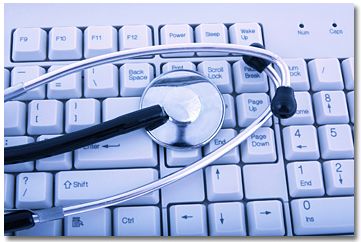Control Engineering recently published the results of their 2014 Cyber Security study. Data was collected from individuals directly involved in their organization’s cyber security efforts. The most alarming results involved threat levels and vulnerability assessments. A quarter of respondents claimed their threat was high and nearly the same amount reported they had never performed a vulnerability assessment.
Cyber security continues to be a hot topic as plant assets become more interconnected. These systems provide huge benefits for optimization and monetary gain. With each new addition or replacement in a plant, safety and security measures should be considered.
Threat levels can’t always be changed. Certain systems must be connected to the internet and some industries are targets simply by existing. For example, power plants are tied to national security. There is no avoiding the threat level and need for security. The good thing is, effective cyber security is out there.
Vulnerability assessments are crucial to defining where the largest threats are at. When people think of cyber security, they usually consider computer viruses and hackers. While these are very real threats, a vulnerability assessment may bring to light other areas of concern, such as internal threats. The perfect example of this is flash drives. While they may be convenient to use and seem harmless, a person can accidentally transfer a virus with these devices.
Cyber security measures are just as important as plant safety. When systems are at risk, the machines they control may also be at risk. With so much of today’s businesses revolving around cyber data, going without cyber security is no longer an option.


